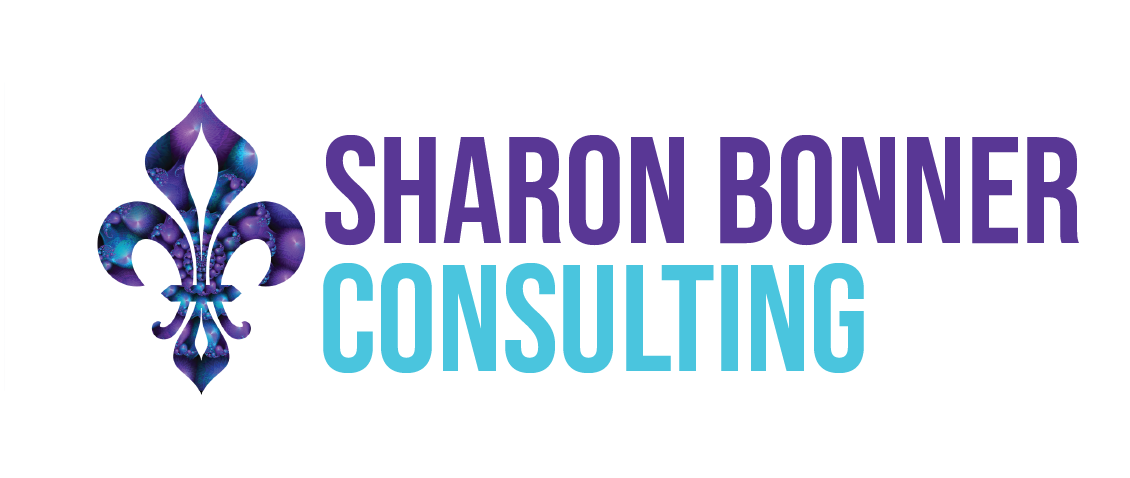Though the joy of seeing photographs and social media posts, hashtags, and engagement the day after your event is euphoric, it does not provide an accurate measure of success. A more accurate approach to measure success is to evaluate the return on investment (ROI) for your event. ROI measures the return of an investment based on its cost, and an event consultant will help you accurately achieve this!
Outline Your Event Goals
Personal satisfaction is a reward in itself, yet it is only half the reward of measuring the ROI of your event. To do so, it is essential that you establish your event’s goals and objectives.
Tougher event goals to assess could include increased media exposure from a successful news story or an increase in sales lead for your customer base. Increasing consumer awareness of your brand or launching a new product, service, or brand can all be the goals of an event. From the get go of event planning, goal setting is so important.
5 Simple Strategies To Maximize Event ROI
1. Identify The Primary Goal For Your Event
ROI is meant to measure revenue compared to cost. However, for events that generate sales leads for a business or raise awareness for a cause, your ROI evaluation must be adjusted to measure the net value of your efforts.
After identifying your event’s goals, you must determine the ultimate goal you will measure success from. You might ask, is the goal to generate qualified leads? Or is it to attract new employees? What about building awareness or launching a new product? After making a list of all your goals, whittle down your answers to just one primary goal — the most important. The remaining goals are good to keep in mind, but won’t be what you measure your success against.
Suppose you are organizing a fundraiser for a charity. In that case, your primary goal might be to raise funds, but a secondary goal could be increasing awareness for your cause.
A good event consultant will provide you with the expertise on how to identify your event goal and establish a measurable ROI.
2. Set measurable objectives related to your goal
Once your primary goal is established, you will need to outline the necessary steps to achieve the desired outcome.
Suppose your primary goal is raising brand awareness. You would focus on measuring the number of people attending your event and the amount of press and social media coverage you get.
An event consultant will help you not only set measurable goal-related objectives, but help you attain them. Their area of expertise will ensure you make the most of the ROI!
3. Discuss with your client how they want to calculate their event ROI
Before you endeavour to plan your event and evaluate its ROI, it is important to ensure that both your client and yourself agree upon your goals. It is possible that your idea of the success of an event may not reflect the goals that your client had pictured.
This discussion is crucial in the early stages of event planning so everyone is on the same page. A good event consultant will ensure the client’s goals are honoured whilst keeping them realistic and attainable.
4. Gather event data and track your progress
Whether you’re using a traditional revenue-based ROI model or measuring something else, now you need to choose how you’ll track your performance. Begin with the event technology you use to run your event, which may already gather incredible insight, especially if you are hosting virtual events.
Your event ticketing and registration partner, for example, could help you capture information like the number of tickets/registrations sold, your revenue from sales, the number of no-shows, engagement, length of time at the event and more.
From there, you can leverage a wide variety of tools to track your progress. Online surveys, for example, can help you measure attendee satisfaction. Additionally, a CRM can track leads generated from your events.
5. Analyze and understand the event data
Once you’ve captured data related to your goal and objectives, it’s time to understand the results. The data you collect will tell you quite a bit about your event’s success, but working with that data can give you an even deeper insight into how your ROI is meaningful.
An event consultant will help you analyze the event data in a way that promises that next time, you can maximize event ROI even better.
Maximize your event ROI today!
Now that you are equipped with these 5 simple strategies to maximize event ROI, we hope you plan your next event accordingly!
If you need help identifying your event goals or would like to discuss your event ROI further with us, we would love to chat with you.








